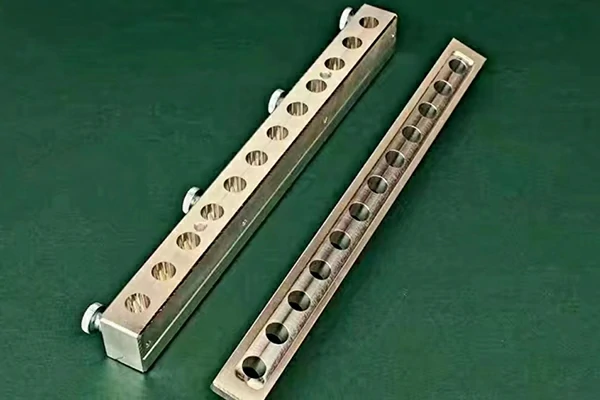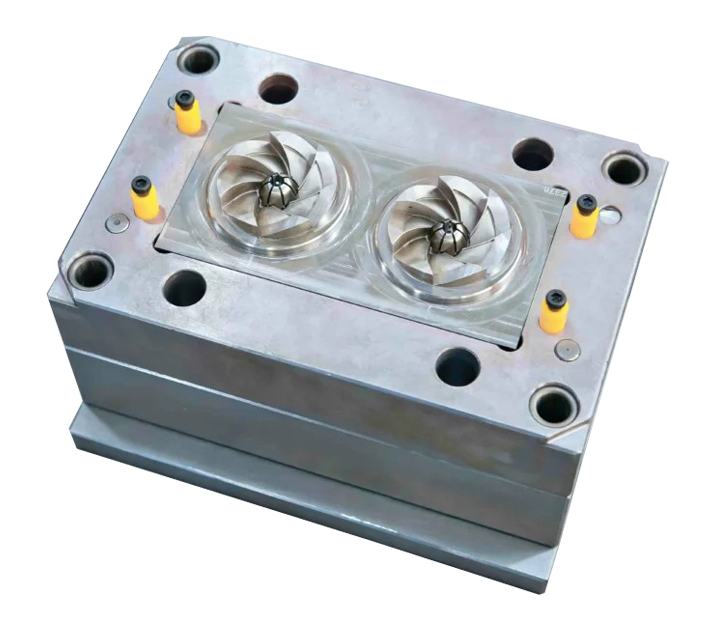In the realm of manufacturing, advanced custom injection mold tooling stands out as a pivotal process that drives efficiency and quality in production. This technique enables manufacturers to produce complex parts with high precision and consistency, making it a cornerstone of modern manufacturing practices.
Understanding Injection Mold Tooling
Injection mold tooling involves creating molds that are used in the injection molding process, where molten material is injected into a mold cavity to produce a specific shape. This method is particularly effective for high-volume production, making it ideal for industries such as automotive, consumer goods, and electronics.

The Process of Advanced Custom Injection Mold Tooling
Design and Engineering: The first step in injection mold tooling is the design and engineering phase. Here, mold designers work closely with clients to understand their specific needs, including dimensions, material requirements, and production volume. Advanced software tools like CAD and Computer-Aided Manufacturing (CAM) are employed to create detailed 3D models of the mold.
Material Selection: The choice of materials for both the mold and the injected substance is critical. Mold makers must select materials that can withstand high temperatures and pressures while providing the durability needed for repeated use. Common materials include steel, aluminum, and various polymers.
Machining and Fabrication: Precision is key in this phase, where advanced CNC (Computer Numerical Control) machinery is used to create the mold. This stage requires skilled technicians who can ensure that every detail of the mold is executed accurately. The quality of machining directly affects the final product’s precision and consistency.
Assembly and Testing: After fabrication, the mold is assembled and subjected to rigorous testing. This process ensures that the mold functions correctly and produces parts that meet the required specifications. Any issues identified during testing are addressed before full-scale production begins.
Production and Quality Control: Once the mold passes all tests, it is ready for production. Advanced quality control measures are implemented to monitor the molding process, ensuring that every part produced meets the desired standards. This includes dimensional checks, surface inspections, and functional tests.

Advantages of Advanced Custom Injection Mold Tooling
Efficiency: Advanced custom injection mold tooling significantly speeds up the production process. Once the mold is created, it can produce thousands of identical parts quickly and consistently, reducing lead times and operational costs.
Precision: The use of advanced technology and skilled craftsmanship ensures that each mold is crafted to exact specifications. This level of precision minimizes the risk of defects and ensures that the final products meet quality standards.
Flexibility: Custom injection mold tooling allows for quick adaptations to design changes, making it easier for manufacturers to respond to market demands and customer preferences.
Cost-Effectiveness: While the initial investment in custom mold tooling may be higher, the long-term cost savings achieved through reduced waste, faster production times, and consistent quality make it a worthwhile investment.
Conclusion
Advanced custom injection mold tooling is a vital process that drives efficiency and quality in modern manufacturing. By focusing on design, precision, and rigorous testing, manufacturers can produce high-quality components that meet the demands of various industries. As technology continues to evolve, advanced injection mold tooling will remain a key factor in driving innovation and efficiency in production processes.